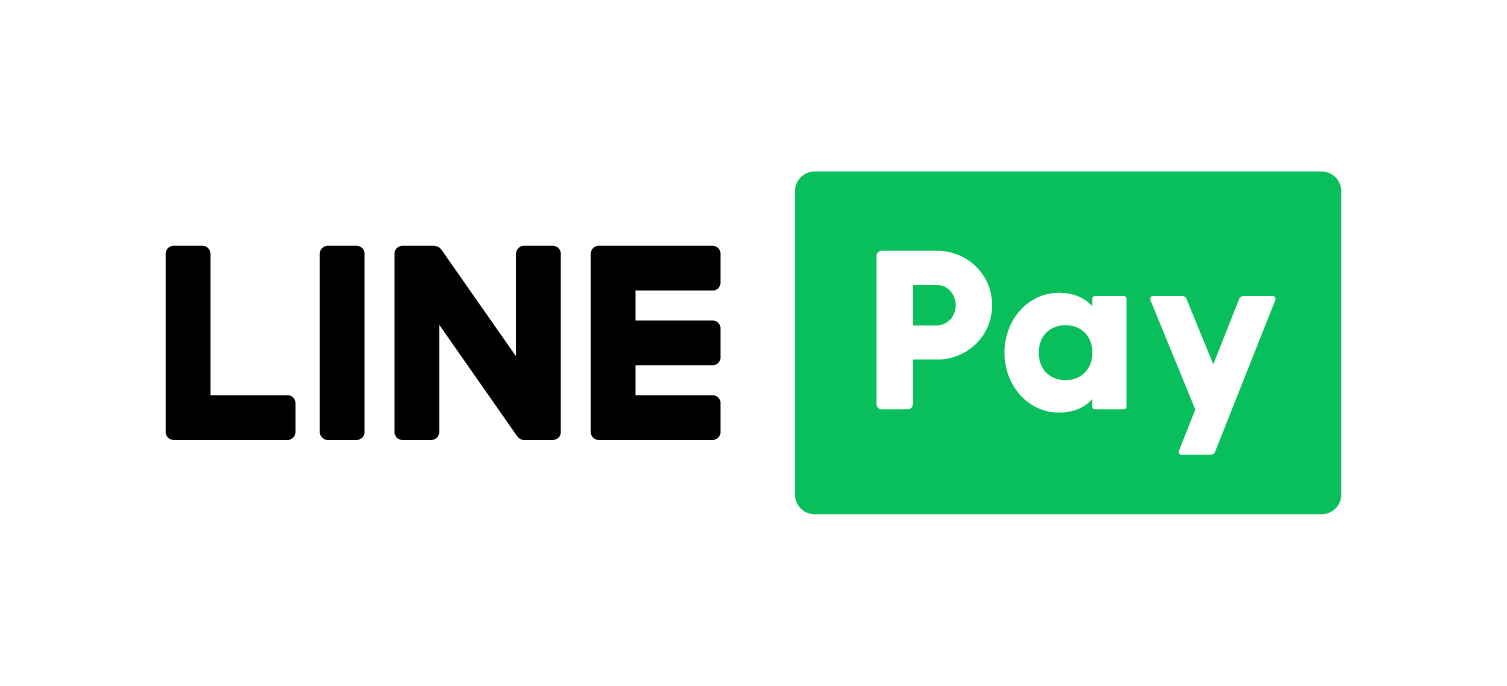
| 定價: | ||||
| 售價: | 3180元 | |||
| 庫存: | 已售完 | |||
| LINE US! | ||||
| 此書為本公司代理,目前已售完,有需要可以向line客服詢問進口動向 | ||||
| 付款方式: | 超商取貨付款 |

|
|
| 信用卡 |

|
||
| 線上轉帳 |

|
||
| 物流方式: | 超商取貨 | ||
| 宅配 | |||
| 門市自取 |
為您推薦

類似書籍推薦給您

類似書籍推薦給您

類似書籍推薦給您

類似書籍推薦給您
【簡介】 Description A broad introduction to PDEs with an emphasis on specialized topics and applications occurring in a variety of fields Featuring a thoroughly revised presentation of topics, Beginning Partial Differential Equations, Third Edition provides a challenging, yet accessible,combination of techniques, applications, and introductory theory on the subjectof partial differential equations. The new edition offers nonstandard coverageon material including Burger’s equation, the telegraph equation, damped wavemotion, and the use of characteristics to solve nonhomogeneous problems. The Third Edition is organized around four themes: methods of solution for initial-boundary value problems; applications of partial differential equations; existence and properties of solutions; and the use of software to experiment with graphics and carry out computations. With a primary focus on wave and diffusion processes,Beginning Partial Differential Equations, Third Edition also includes: Proofs of theorems incorporated within the topical presentation, such as the existence of a solution for the Dirichlet problem The incorporation of Maple™ to perform computations and experiments Unusual applications, such as Poe’s pendulum Advanced topical coverage of special functions, such as Bessel, Legendre polynomials, and spherical harmonics Fourier and Laplace transform techniques to solve important problems Beginning of Partial Differential Equations, Third Edition is an ideal textbook for upper-undergraduate and first-year graduate-level courses in analysis and applied mathematics, science, and engineering. 【目錄】 Table of Contents 1. First Ideas 2. Solutions of the Heat Equation 3. Solutions of the Wave Equation 4. Dirichlet and Neumann Problems 5. Fourier Integral Methods of Solution 6. Solutions Using Eigenfunction Expansions 7. Integral Transform Methods of Solution 8 First-Order Equations 9 End Materials